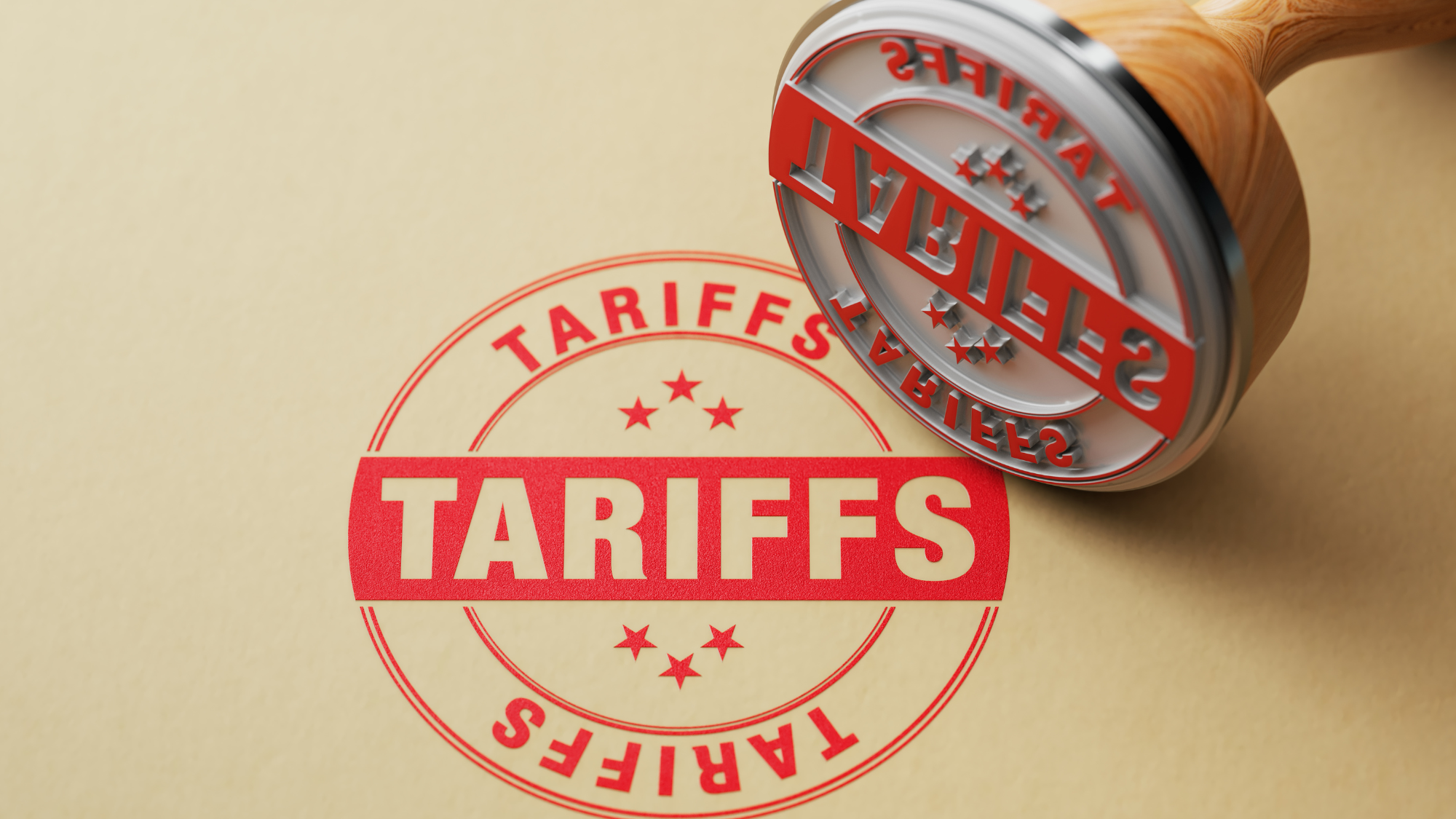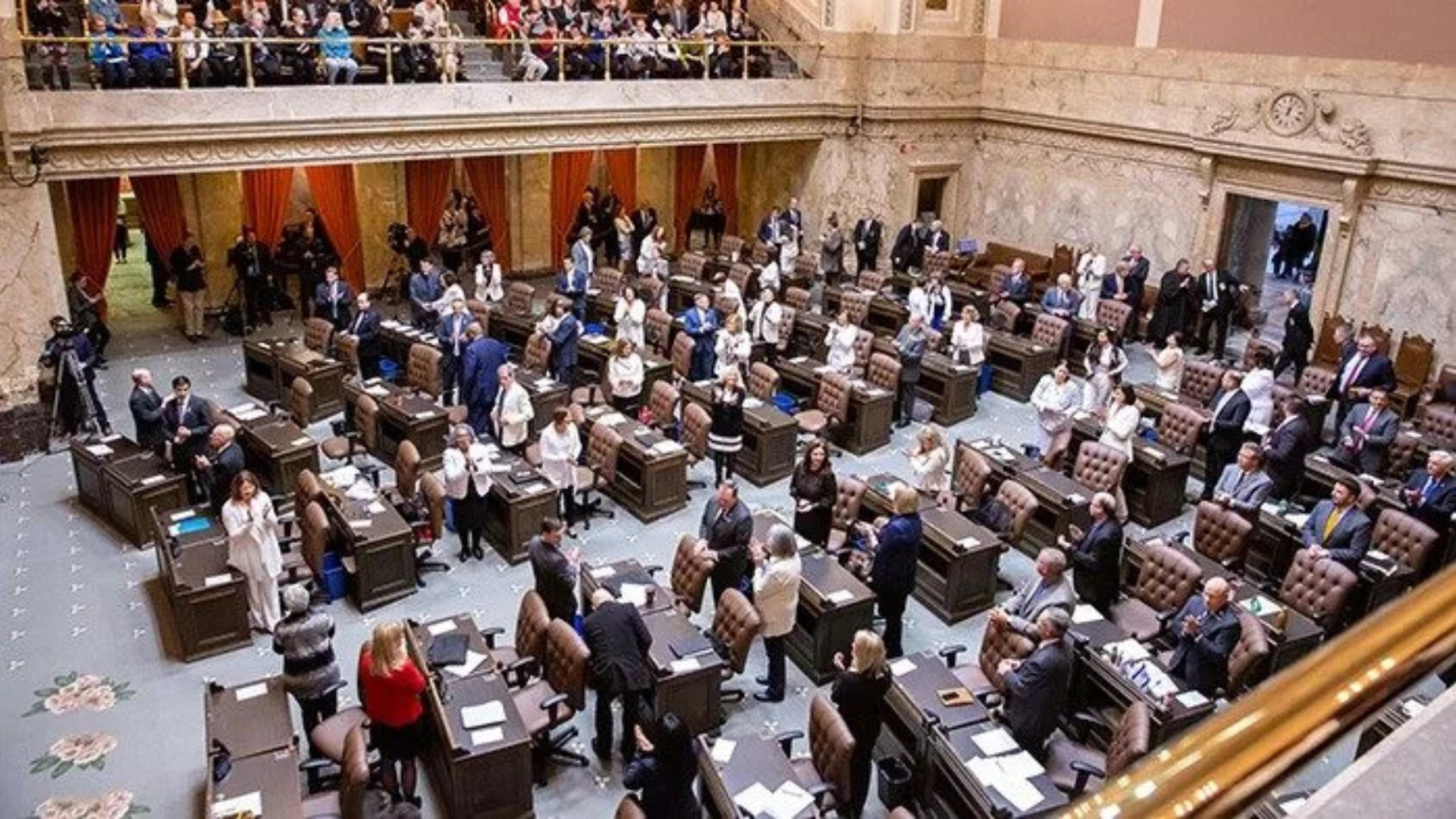
A tariff is a tax imposed by a government on imported goods or services. These taxes are typically used to regulate trade by making foreign products more expensive, thereby encouraging consumers to purchase domestic goods. Tariffs are set as either a fixed fee per unit of the product or as a percentage of the total cost.
Contrary to common belief, the tariff itself is paid by the importer of the goods, usually a business or distributor that brings the products into the country. This added cost is often passed along to the consumer in the form of higher prices. For example, if a tariff is placed on electronics imported from another country, the cost for retailers and, eventually, consumers will likely increase.
Tariffs can serve various purposes, such as protecting domestic industries, retaliating against unfair trade practices, or generating revenue for the government. However, their economic impact can be complex, influencing both consumers and businesses across different industries. Understanding tariffs helps businesses make informed decisions about pricing, sourcing, and supply chain management.

